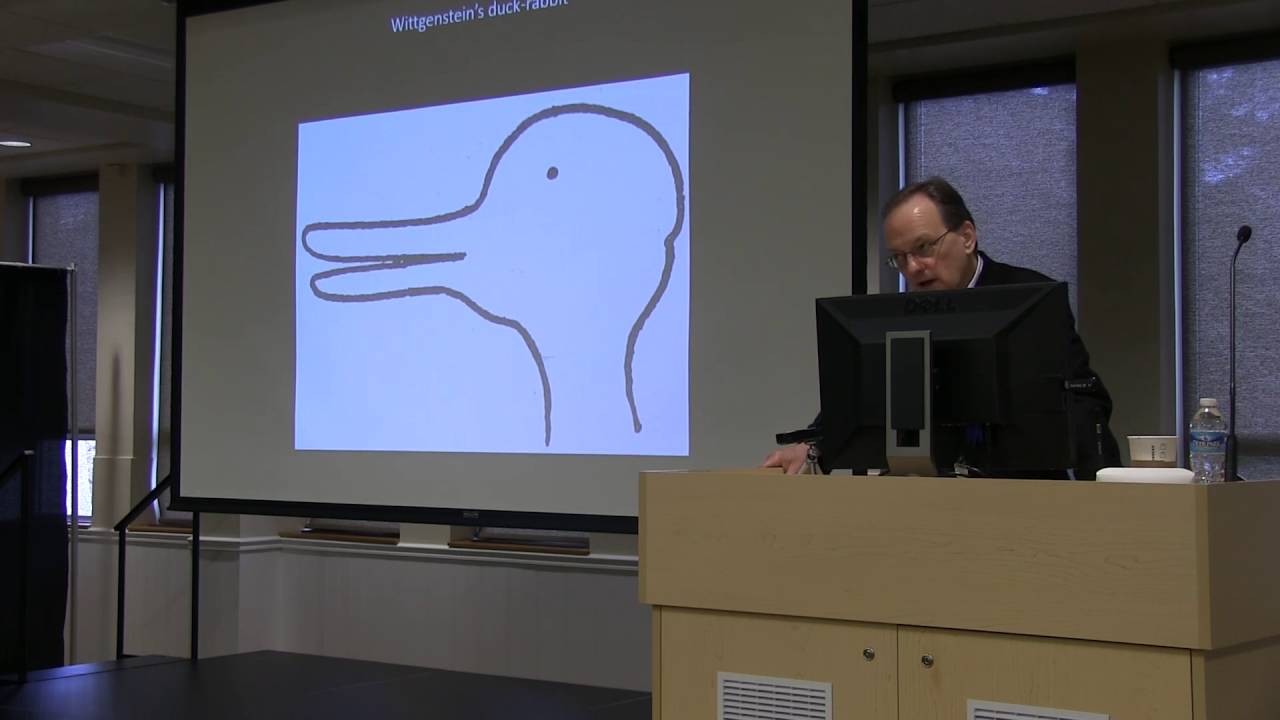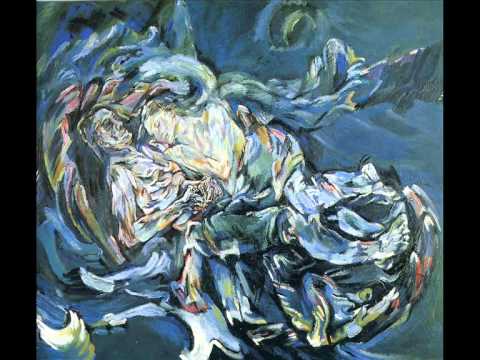Our reasons for re-reading can be philosophically instructive. If we were to see word-meaning as fixed (as we will see, what Wittgenstein called “the dream of the straight highway”), the purpose of re-reading would be invariably simple: it would be to remind ourselves of what we forgot. But memory comes into re-reading in ways far more complex, and ways far more interesting, than this simple picture would suggest: both the context of the re-reading, and the relevant experience of the re-reader, inflect (and as we shall see, indeed give nuanced content to) word-meaning — even with a word as seemingly simple as a proper name. A consideration of these issues helps clarify some of the connections between aspect-perception or “seeing-as” and word-meaning, and it brings into sharp focus what Stanley Cavell has called “our relations to our words”. It was Hume who said that at twenty years of age we may prefer Ovid, at forty, perhaps Horace, and at fifty, probably Tacitus. Why? Does Wittgenstein’s liberated conception of word-meaning provide insight into what may be lurking in the conceptual sub-terrain here?
Garry L. Hagberg is the James H. Ottaway Professor of Philosophy and Aesthetics at Bard College, and has in recent years also held a Chair in the School of Philosophy at the University of East Anglia in Norwich, England. Author of numerous papers at the intersection of aesthetics and the philosophy of language, his books include Meaning and Interpretation: Wittgenstein, Henry James, and Literary Knowledge, and Art as Language: Wittgenstein, Meaning, and Aesthetic Theory; his most recent book is Describing Ourselves: Wittgenstein and Autobiographical Consciousness. He is editor of Art and Ethical Criticism, co-editor of A Companion to the Philosophy of Literature, and Editor of the journal Philosophy and Literature. He is presently writing a new book on the contribution literary experience makes to the formation of self and sensibility, Living in Words: Literature, Autobiographical Language, and the Composition of Selfhood, of which his talk at the Cohen Center is one part; his new edited volume, Fictional Characters, Real Problems: The Search for Ethical Content in Literature, will be out next month.
JMU Cohen Center
Source



